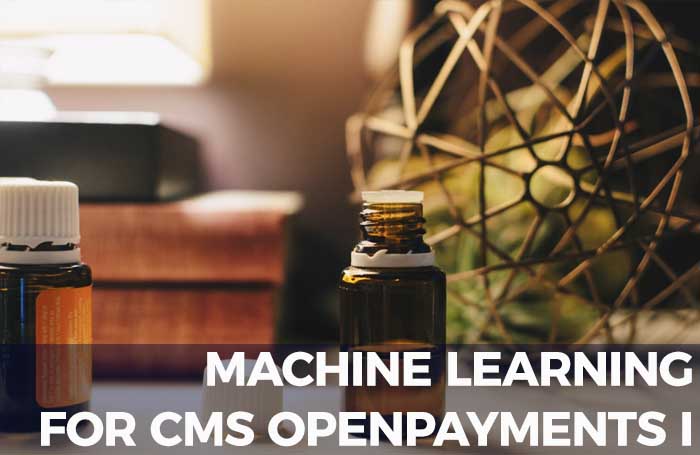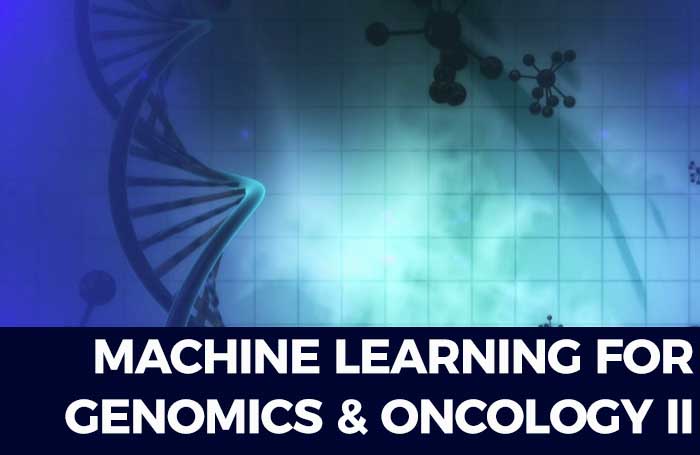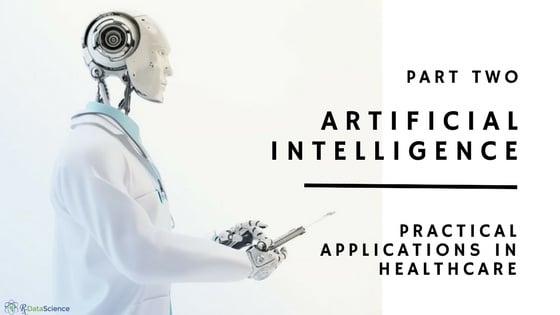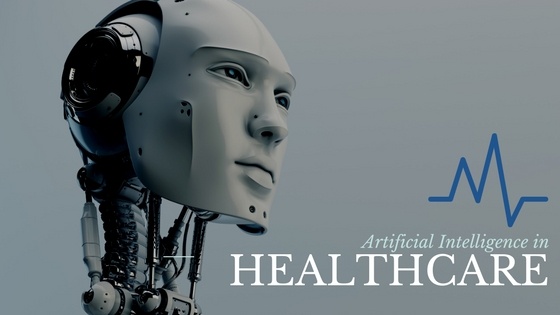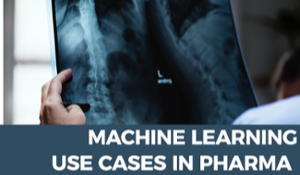Background
From the outset, the term “Machine Learning” can seem very daunting to those unfamiliar with the technicalities of what this actually means, or so it seemed to me when I was initially assigned to develop a use case for one of these algorithms during my time here at RxDataScience. From a quick study into the topic, Machine Learning (ML), put simply, is a branch of Artificial Intelligence (AI) that allows a system to automatically learn and improve itself without being explicitly instructed to, by using past and present data to predict certain outcomes [1]. The following video provides a gentle introduction into what ML is all about:
(more…)

